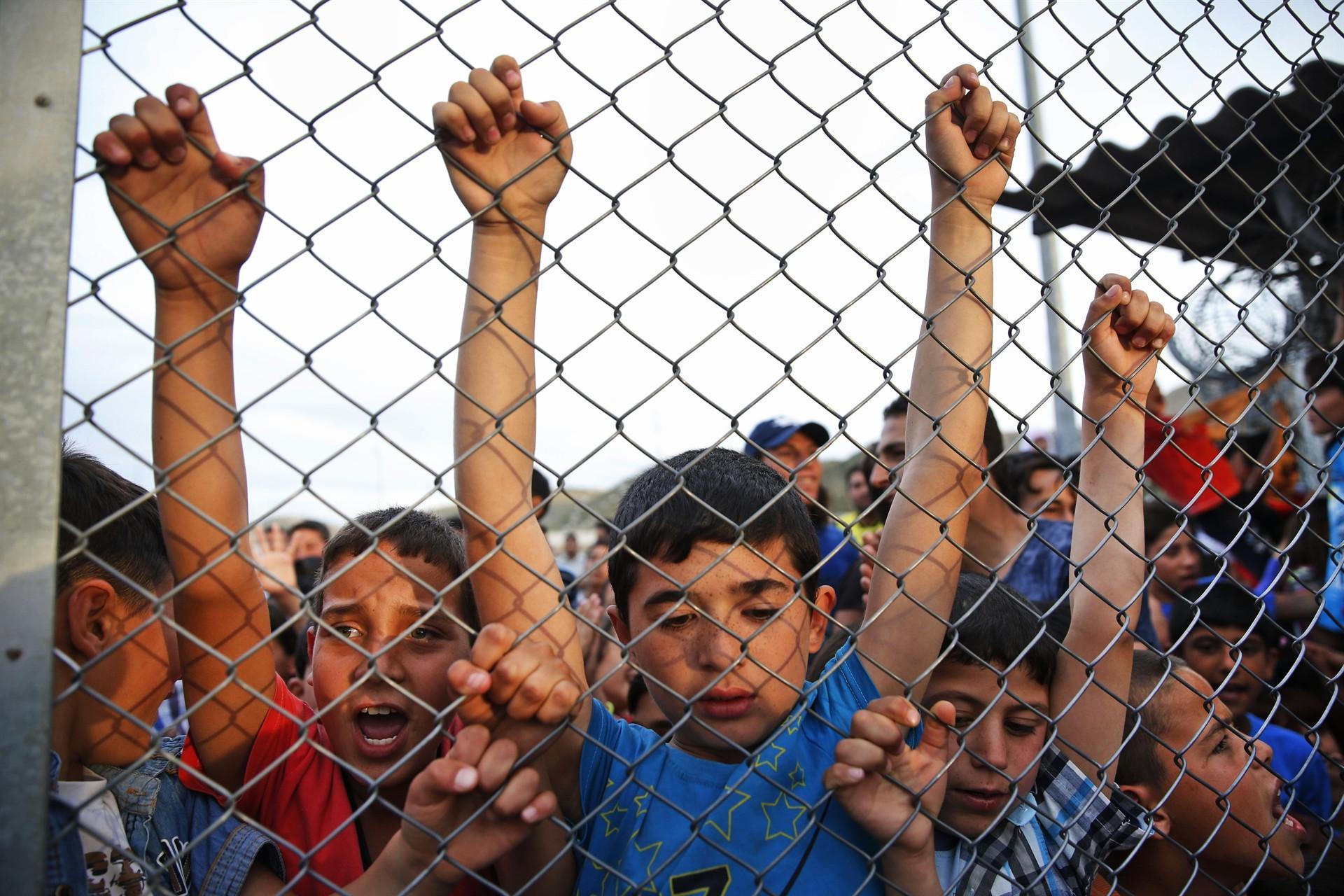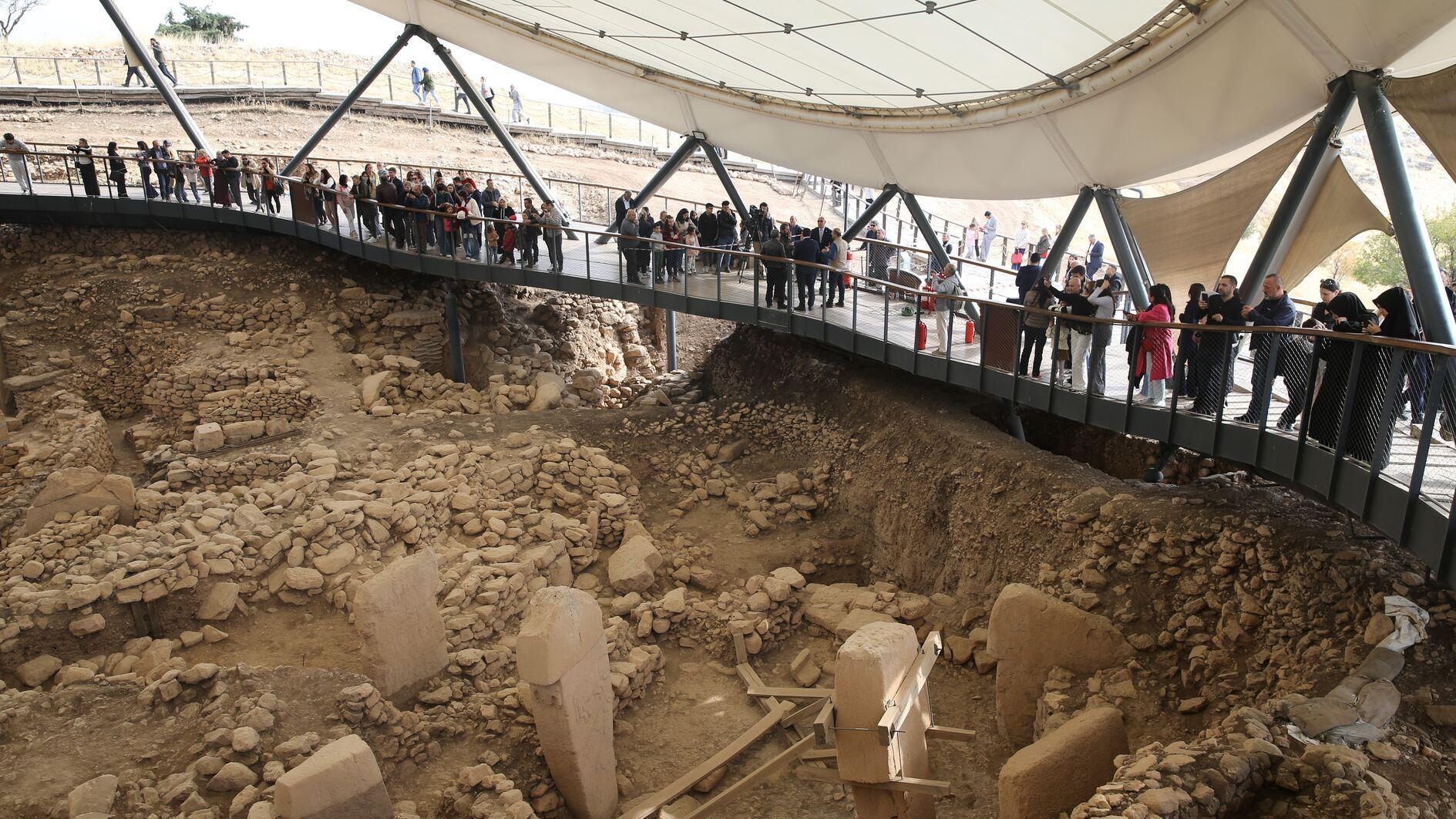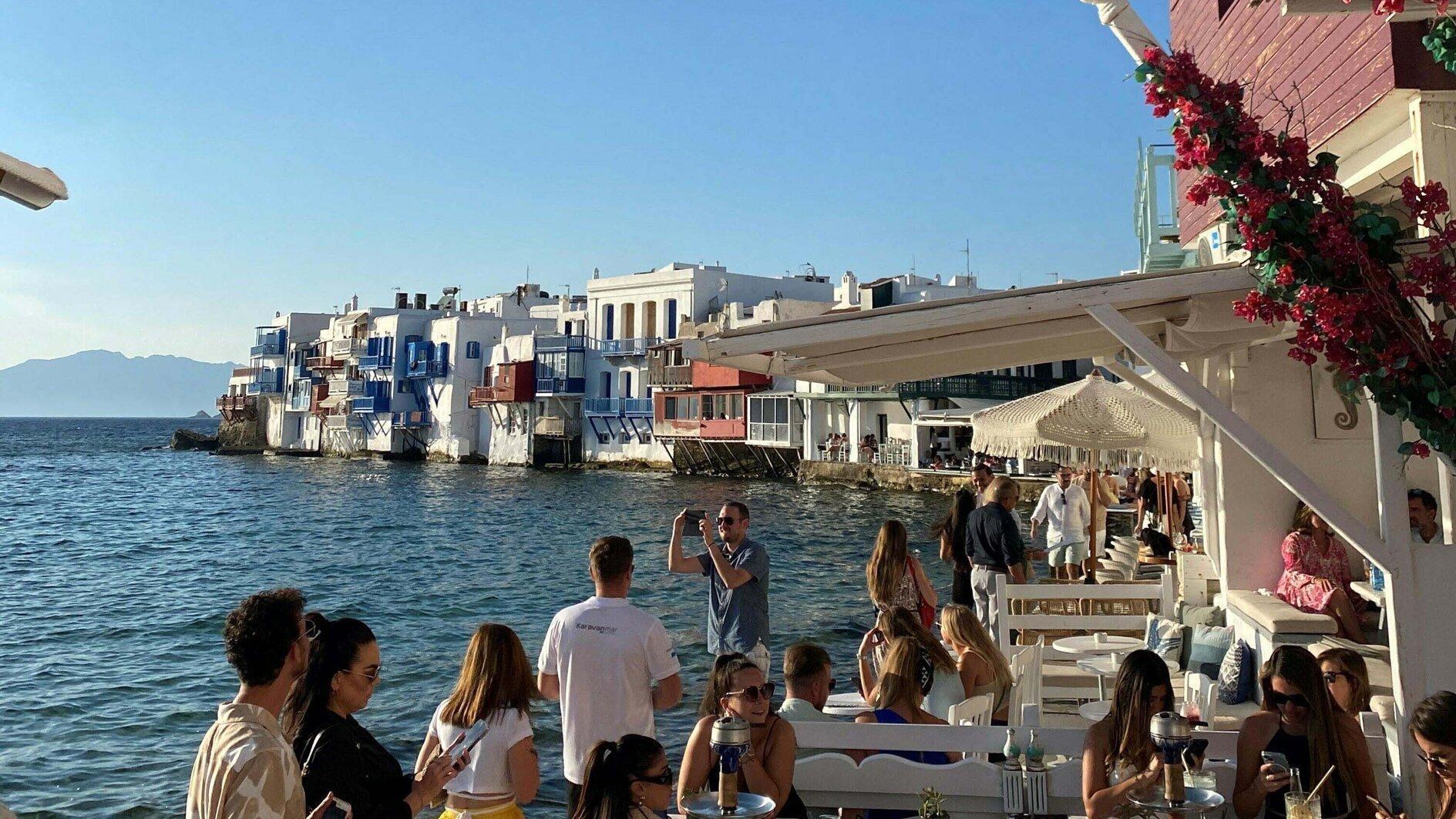Europe-Africa summit aims for evacuation of migrants risking abuse
ABIDJAN – Agence France-Presse

Leaders at an EU-Africa summit called Nov. 30 for the immediate evacuation of nearly 4,000 distressed African migrants in Libya under a new drive to fight slave traders and traffickers.
Wrapping up a two-day summit in Ivory Coast's economic capital, a top African Union (AU) official said there could be as many as 700,000 Africans stranded in Libya, where many have suffered atrocities and even been sold into slavery.
He said a fact-finding mission had seen one camp in Tripoli where all the residents, numbering several thousand, were "living in inhumane conditions" and were desperate to return home.
"We have agreed, along with the EU and the UN, to set up a task force for repatriating at least 3,800 people," Moussa Faki Mahamat, head of the AU Commission, told reporters.
"But it's just one camp... the Libyan government tells us that there are 42 in all. There are definitely more than that. There are estimates of 400,000 to 700,000 African migrants in Libya."
The summit, gathering more than 80 nations of the African Union and European Union (EU), had been showcased as a bid to boost development in Africa as it faces a population crunch.
But it was largely overshadowed by shock TV footage of black Africans sold as slaves in Libya, prompting protests in many countries and demands for action.
Closing the summit, Ivorian President Alassane Ouattara said the "inhumane treatment of migrants" required responses that "match our condemnation."
He called on humanitarian aid, new efforts to fight human trafficking, and solutions for the poverty that prompted so many young Africans to risk the trek to Europe in search of a better life.
In a meeting late Nov. 29, the leaders of Libya, France, Germany, Chad, Niger and four other countries agreed on a plan to allow migrants facing abuse in Libyan detention camps to be evacuated within days or weeks, mostly to their home countries.
French President Emmanuel Macron, who called the slave trading a crime against humanity, said Libya agreed to allow access to the camps "where scenes of barbarism" had occurred and have them repatriated.
They also offered increased support for the International Organization of Migration (IOM) to help those who want to return to their home countries, said Macron, who called the emergency meeting.
In some cases they could be given asylum in Europe, he added.
IOM Europe Director Eugenio Ambrosi told AFP that the new campaign was a "step in the right direction," although he said slave trading and other abuses also happened outside government control.
The agency, he said, could repatriate all 15,000 economic migrants in the Libyan government-controlled camps within two months if their home governments swiftly provided proper documents enabling them to travel.
EU sources earlier said U.N. humanitarian agencies like the IOM had arranged for some 13,000 migrants to return voluntarily to their home countries mainly in sub-Saharan Africa in the last year after a deal with Libya.
The group also decided to work with a task force, involving the sharing of police and intelligence services, to "dismantle the networks and their financing and detain traffickers," Macron said.
The AU, EU and U.N. officials also pledged to freeze the assets of identified traffickers while the AU will set up an investigative panel and the U.N. could take cases before the International Court of Justice, he added.
Faki said money was stored away in banks in Europe and the Middle East, including Dubai.
The uproar over slavery came after U.S. network CNN two weeks earlier aired footage from Libya of black Africans being sold.
AU and other critics have accused the EU of creating conditions for the slave trade as well as rape and torture of migrants by encouraging Libya's Government of National Accord (GNA), which is U.N.-backed, to detain migrants and stop them from coming to Europe.
The EU, which said migrant abuses existed before its cooperation with Libya, has been desperate to ease the worst migration crisis since World War II, with more than 1.5 million migrants entering the bloc since 2015.
In his speech to the summit on Nov. 29, European Council President Donald Tusk acknowledged the "horrifying" treatment of young Africans.
But he also warned against starting "a blame game" and called for cooperation to fight criminals.
EU officials said the migrant influx, which has deepened political divisions across the EU, as well as frequent terror attacks in Europe have been a wake-up call to tackle the root causes of why people leave their homes.
The EU has already set up multi-billion-euro funds to promote Africa's economic development while deepening counter-terrorism cooperation with African countries where Islamist militant groups are spreading.
The summit worked on ways to promote stability and long-term economic growth for a continent likely to have 2.4 billion people by 2050, more than double what it is now.
Without fast-tracked development, millions could flee to Europe or turn to radical Islamist groups, EU and African leaders warn.
















